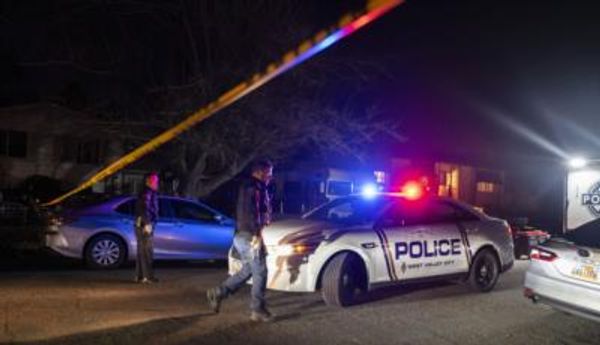
Tunis (AFP) - Tunisia's former parliamentary speaker Rached Ghannouchi appeared in court Tuesday on new terror-related charges after being accused of calling police officers "tyrants", his party said.
Ghannouchi, who leads President Kais Saied's arch-foes the Islamist-inspired Ennahdha, had already faced court in late November over allegations his party helped jihadists travel to Iraq and Syria.
The latest hearing comes amid a series of arrests of high profile figures that have prompted criticism from rights groups in the North African country and abroad.
The judge ordered Ghannouchi's release following Tuesday's hearing session, his lawyer Sami Triki said, adding that the charges relate to remarks made by his client in early 2022 that had been interpreted as "inciting" Tunisians to kill each other.
The former speaker is also due to be questioned on Thursday after another complaint from a policeman claiming to be in possession of a compromising telephone recording of Ghannouchi, Ennahdha said.
"These charges have been fabricated out of nothing...(and) target the opposition" without evidence, Ghannouchi said Tuesday upon arriving at the anti-terrorism court.
He accused the authorities of "instrumentalising justice" and seeking to "cover up Tunisia's real problems".
The leader of Tunisia's main opposition coalition, the National Salvation Front, meanwhile denounced the "judicial relentlessness" targeting Ghannouchi.
"It is a short-sighted policy in the face of economic and social failures and the international isolation" of the authorities, Ahmed Nejib Chebbi told AFP outside the court.
"Repression has never stemmed the flow of freedom," he added.
In addition to his previous hearing in November, Ghannouchi also appeared in court that month as part of a case involving alleged money-laundering and "incitement to violence".
He is still awaiting sentencing in those cases.
Ghannouchi was the speaker of Tunisia's parliament before Saied dissolved it in July 2021, and went on to seize wide-reaching powers through a series of moves dubbed by opponents as a "coup".
At least 10 public figures have been arrested since the start of February in the country -- the birthplace of the 2011 Arab Spring uprisings.







